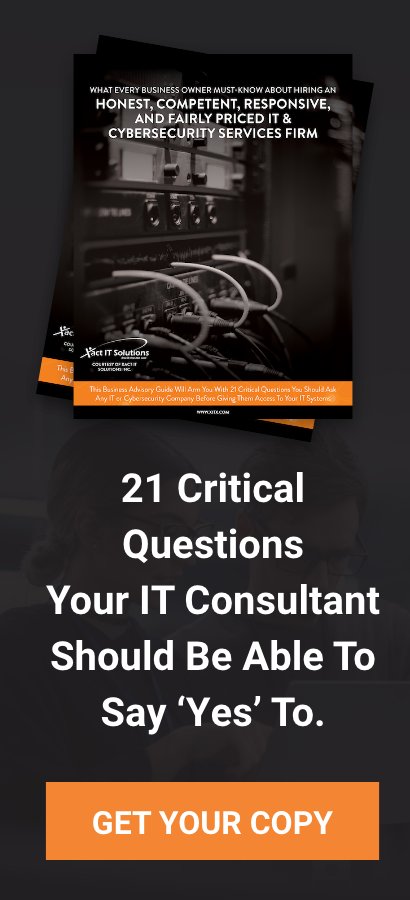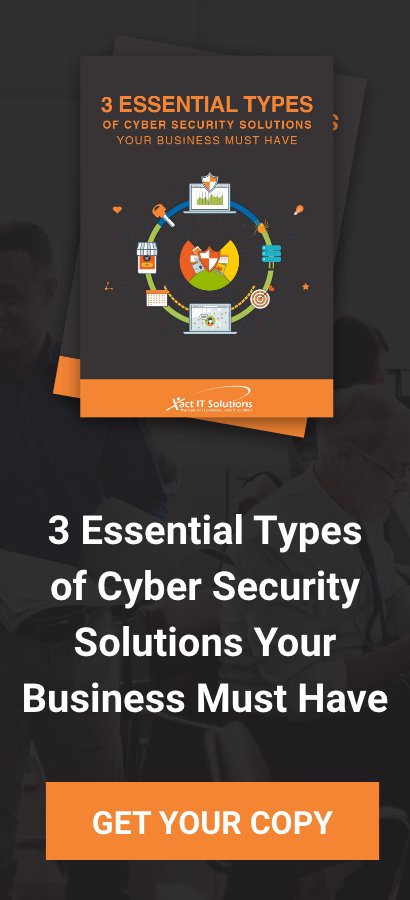 April Fools' Day is known for pranks and practical jokes. Sadly, fraudsters frequently use this occasion to conduct attacks on unsuspecting victims. Here are a few reasons why you should be extremely cautious about cybersecurity on April Fools' Day.
April Fools' Day is known for pranks and practical jokes. Sadly, fraudsters frequently use this occasion to conduct attacks on unsuspecting victims. Here are a few reasons why you should be extremely cautious about cybersecurity on April Fools' Day.
Phishing Scams
One of the most popular sorts of cyberattacks is phishing, and it can be especially effective on April Fools' Day. Cybercriminals may send emails or messages that appear to be pranks or jokes but contain dangerous links or attachments. These communications may appear to be from a friend or colleague, but they are intended to deceive you into disclosing critical information or putting malware onto your device.
Social Engineering Attacks
Social engineering attacks involve tricking people into revealing sensitive information or participating in ways that compromise their security. Cybercriminals can use social engineering tactics on April Fool's Day to trick people into revealing passwords or other highly confidential data. They may, for example, pose as a tech support agent and say that your machine is afflicted with a virus, then request your login information to "fix" the problem.
Fake News
Another kind of hack that can be especially popular on April Fool's Day is fake news. Cybercriminals may fabricate fake news reports or social media posts to disseminate misinformation or induce fear. These stories may appear to be jokes or pranks, but they can be used to distribute malware or obtain sensitive information.
Protecting Your Business
Here are a few reminders for your business’ cybersecurity on April Fools’ Day.
- Educate your employees. On April Fools’ Day, education is one of the most critical things you can take to safeguard your company from cyber-attacks. Human error, such as clicking on a questionable link or opening an attachment from an unknown source, is the root cause of many cyber-attacks. Assure that your personnel are aware of the hazards and know how to spot questionable emails or links.
- Backup important data. Ensure that you back up all critical data before April Fools’ Day, preferably to an off-site location. This will aid in the recovery of your data in the event of a cyber-attack, such as a ransomware attack.
- Develop an incident response plan. If you have no incident response plan in place yet, may this day be a reminder for you to create one. Create a plan outlining the procedures your company will follow in the event of a cyberattack. This should include efforts to control the attack, restore data, and notify employees, customers, and any other parties who may be affected.
- Keep software up to date. If your software is not updated yet, may this be a reminder for you to update it. Ensure that any software used by your company is up to date and has the most recent security updates installed. This comprises your operating system as well as any programs, such as web browsers and email clients.
- Limit access to sensitive data. May this April Fools' Day be a reminder for you to restrict sensitive data access to only employees who need it to complete their job obligations. This will help to lower the chance of a cyber-attack as well as limit the harm if an attack is successful.
- Monitor network activity. Be proactive and monitor network activity to identify and respond to any suspicious or unexpected activities. This can aid in the detection of possible dangers before they become serious.
By taking these precautions, you may help defend your company from cyber assaults on April Fool's Day and every other day of the year. Happy April Fools' Day!




You must be logged in to post a comment.